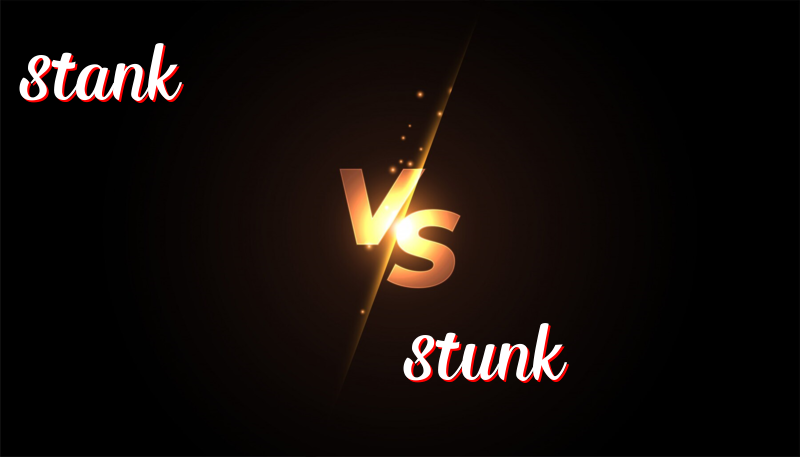Understanding the Difference Between Stank and Stunk
Difference Between “Stank” and “Stunk”
The words “stank” and “stunk” both come from the word “stink.” They are used to talk about something that has a bad smell. But they are used in different ways.
History
“Stink” is an old word. It has been used for a long time to describe bad smells. Over time, English speakers used it in past tense forms as “stank” and “stunk.”
How to Use Them
“Stank” is usually used for the simple past tense. It tells us that something smelled bad at a specific time in the past. “Stunk” is often used in the past perfect tense or with “have” or “had” to tell us about completed actions in the past.
Trick to Remember the Difference
Think about it this way: “I stank,” but “I have stunk.” “Stank” for when you smelled bad at one time, and “stunk” for when you have smelled bad over time.
Example Sentences for “Stank”
- Yesterday, the garbage stank so badly.
- After the rain, the wet dog stank.
- The fish stank when we opened the fridge.
- Last night, the room stank of paint.
- When we found the old cheese, it stank.
Example Sentences for “Stunk”
- The socks have stunk since Monday.
- The car has stunk because of that spilled milk.
- After the race, his shoes have stunk.
- That cupboard has stunk since last summer.
- The basement has stunk ever since we had a flood.
Summary
Use “stank” for something that smelled bad at a certain time in the past. Use “stunk” when you want to say something has smelled bad up until now or in a completed past time. Remember, “stank” is simple past, “stunk” is for perfect tenses.

Leave a Reply
You must be logged in to post a comment.